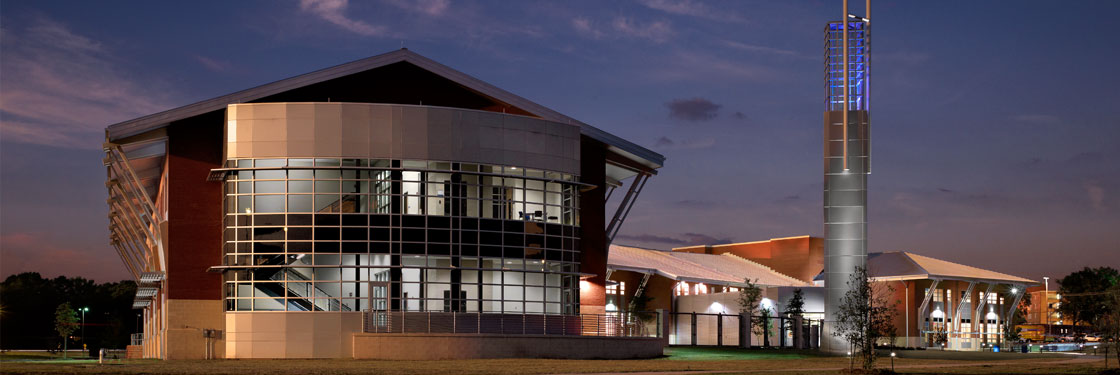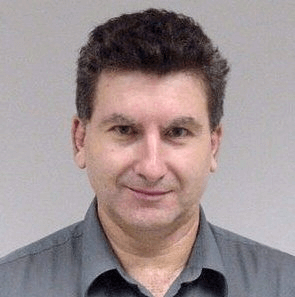
Various academic disciplines (chemistry, physics, biology, environmental science and materials science) in Jackson State University’s College of Science Engineering and Technology will collaborate to enhance their cutting-edge research.

The congressional office of Mississippi U.S. Rep. Bennie Thompson recently announced that Jackson State University was awarded a $467,080 grant from the National Science Foundation to help develop the next generation of primarily local minority scientists at the HBCU.
The grant, “Excellence in Research: Processes and Interactions in Hybrid Plasmonic Systems, is being awarded through the Condensed Matter and Materials Theory program in the Division of Materials Research. Also, it’s part of the HBCU-UP program of the Division of Human Resource Development. All the research will be carried out at JSU.

Principal investigator Dr. Tigran Shahbazyan, a professor in JSU’s Department of Chemistry, Physics and Atmospheric Science, said the grant will help students prepare for careers in academia or STEM-related jobs in the industry.
Principal investigator Dr. Tigran Shahbazyan, a professor in JSU’s Department of Chemistry, Physics and Atmospheric Science, said the research will involve numerous applications that cut across disciplines such as chemistry, physics, biology, environmental science and materials science. These areas will explore “biosensors, ultrafast switches, photodetectors, or various photochemistry applications,” he said.
Projects supported by this award are important for maintaining JSU’s reputation as a “leading institution in Mississippi in the area of nanomaterials research.” — Dr. Tigran Shahbazyan, a professor in JSU’s Department of Chemistry, Physics and Atmospheric Science Shahbazyan said he’s especially optimistic about the ongoing research in the College of Science, Engineering and Technology (CSET) because “the grant includes significant funding to support undergraduate students. It will help them get prepared for graduate school should they choose to pursue a Ph.D. in STEM disciplines or find a STEM-related job in the industry.”
Furthermore, Shahbazyan said the projects that will be supported by this award is part of a broader effort to enhance professors’ materials science research and classroom skills. These areas are important for maintaining JSU’s reputation as a “leading institution in Mississippi in the area of nanomaterials research.”
Dr. Joseph A. Whittaker, vice president for JSU’s Research and Economic Development and associate provost for Academic Affairs, said he is buoyed by the grant and its potential for expanding JSU’s research opportunities.
“The problems that the world is facing are getting more and more complex and beyond the capability of any individual. So, teamwork, team-science collaboration and community engagement all are critical.”
“JSU has the necessary talents and capabilities to do this kind of work,” Whittaker said. “Our faculty stood out among all other institutions who competed for this research. It came down to a matter of talent and preparation, demonstrating that our ideas are feasible. The skill sets are here to get it done. It’s not about any one individual but the quality of work that we put out collectively.”

Dr. Joseph A. Whittaker, vice president for JSU’s Research and Economic Development and associate provost for Academic Affairs, said, “Teamwork, team-science collaboration and community engagement all are critical.”
Describing how JSU’s enhanced cutting-edge research could work, Whittaker points to the global crisis resulting from the novel coronavirus.
“In the case of COVID-19, these are microscopic particles that you cannot see. You can use the properties of light and energy-transfer work to tag different parts of the virus. Light aids in locating the virus, so you can see the location where the virus binds and examine its physical structure,” Whittaker said.
“The future of Jackson State and many other HBCUs will be in their ability to leverage their collective capabilities to do some meaningful things.” — Dr. Joseph A. Whittaker, vice president for JSU’s Research and Economic Development and associate provost for Academic AffairsAlso, Whittaker said by understanding more about bio-properties a researcher can modify some of the nanomaterials used by viruses and better understand how the invasive pathogen acts and change.
He said pioneering research such as this is vital because “you can’t see those viruses, but they can do major damage to the body. You need to be able to locate them because they navigate whatever systems they’re found in.”
Whittaker added that “the future of Jackson State and many other HBCUs will be in their ability to leverage their collective capabilities to do some meaningful things. That’s because the science and research landscapes are evolving at a rapid pace and demand a higher level of skill sets.”
Along with that, Shahbazyan continued to emphasize that “the main goal of this collaborative effort is to provide more opportunities to minority students to pursue STEM-related careers” and help fill a massive workforce void throughout the U.S.


























